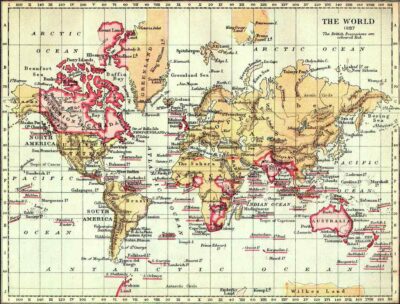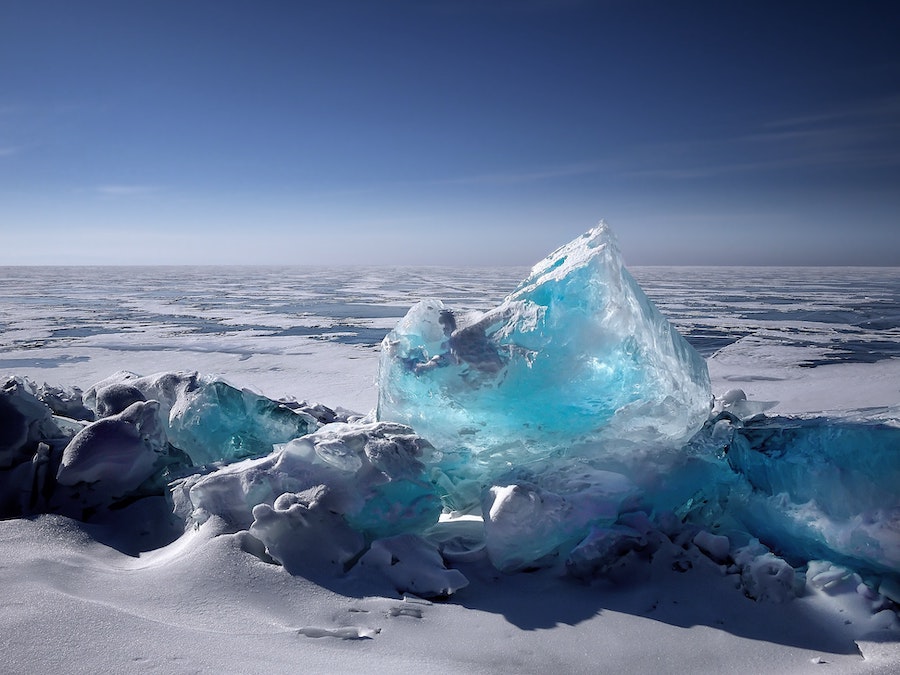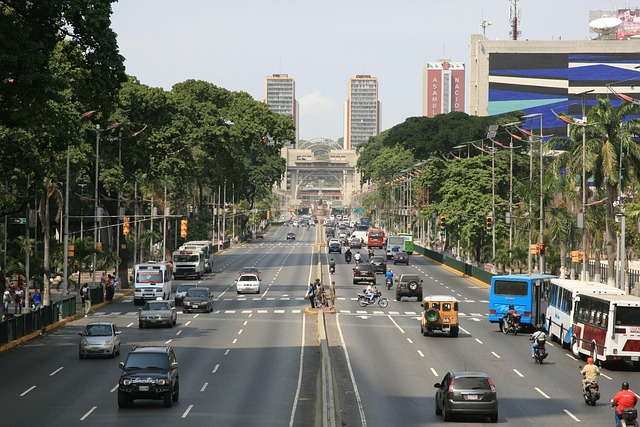 I can still be fascinated by the old British East India Company, a mega-corporation in its day with its own navy and army, which contributed to a significant part of the global economy, much like if we were to merge Apple, Google, Microsoft, Exxon, BP and a few others. It’s hard to imagine. And on top of that, we have the Bank of England, which in the good old days ran the international financial markets.
I can still be fascinated by the old British East India Company, a mega-corporation in its day with its own navy and army, which contributed to a significant part of the global economy, much like if we were to merge Apple, Google, Microsoft, Exxon, BP and a few others. It’s hard to imagine. And on top of that, we have the Bank of England, which in the good old days ran the international financial markets.
Well, the British Empire dissolved. After the two world wars, the old rich families were impoverished, they squandered their fortunes, they were forced to sell estates and farms, and the old big companies were broken up, embezzled, and Britain, which had long led the industrial revolution, became a regular small European country.
At least that’s the version we get from the history books. But what if it’s not true? How can such huge assets just disappear, blown away in the wind? And even if some rich families goes bankrupt, who is most likely to buy up their property, well, other rich families nearby. And huge companies and their assets can’t just go up in smoke; assets are assets, gold is gold, especially in those days.
What if everything remains in the dark? That the power over finance and banking is still in London, as it has been for hundreds of years? And Washington is really just an errand boy for London and the rich families that run the world. This is a theory that is gaining ground among various commentators, including Tom Luongo and Alex Kreiner.
The evidence in favour of some kind of external force is that the United States often does not seem to be in control. They launch seemingly unplanned wars and adventures that often end in disaster, leaving the treasury and taxpayers to foot the bill. The military-industrial complex is often blamed, with arms companies dictating the order and demanding constant wars to produce even more weapons.
This is a truism, as expensive weapons can be produced even in peacetime, and there is a huge market for weapons globally, as evidenced by Donald Trump’s call for NATO members to take more responsibility for military action, and his call for an increase in members’ defence budgets. We are also seeing a trend towards fewer and more sophisticated expensive weapons, while mass production of conventional missiles and artillery shells is hard to maintain. No, perpetual wars are not just about running out of weapons stockpiles; the US may be used as a military tool in a global agenda.
So who commands the world police? Often the answer is the globalists, if we are to believe the rumours on forums and debate sites, a collection of obscure people with excessive power and tentacles everywhere. The Swedish Wallenberg family is sometimes mentioned, as well as Rockefeller, Carnegie, Vanderbilt, Morgan, Rothshield and similar wealthy dynasties, as well as companies such as Blackrock, Vanguard and organisations such as WHO, World Economic Forum, World Bank, UN, Open Society Foundation, etc.
Yes, it gets messy easily. Just looking at a list of the wealthiest people in the US, we quickly notice how many names we don’t recognise. The majority of the world’s wealthy are not in the public eye, and therefore it is often the same names that are reused over and over again in the globalist conspiracy, for lack of better knowledge and insights.
To be able to rule the world and infiltrate countries, you need a lot of money and power. One imagines a cartel of super-rich individuals who conspire and dictate, but we don’t really know who they are, what they are actually doing, or what their goals are. However, it seems to be difficult to keep a group like this together and keep it secret. With so many people, accomplices and employees, the risk of leaks is naturally greater.
Unless there is a very tight and cohesive group from the start. That’s why this old money theory is being floated. And where would this money be if not in London? And the world still has strong financial ties to this old economic centre, involving global credit, finances, ship insurance and so on, as well as raw material assets from old colonies that are still dependent.
The British Empire went through several different phases, with colonies in North America, India, Australia and finally in Africa. It reached its greatest geographical extent in 1921, but was not as vast in its earlier phases, being primarily a trading empire. Perhaps the London elite realised that it would be difficult to hold the empire together as a geographic entity, based on British military power and brute force. There was a hunger for freedom around the world, with buzzwords like democracy and self-determination, ideologies that the British themselves had helped to spread. Perhaps it would be easier to let the colonies go their own way, bringing home military and administrators, but retaining economic power, and thereby ruling the world?
True or not, it’s a fascinating thought, and a bit of brain gymnastics.







